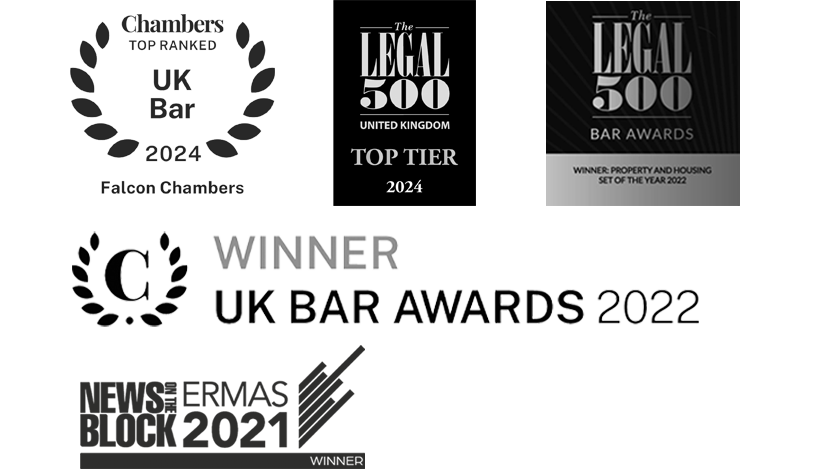Garnier v Dow Properties (March 2017, Mayor’s & City CC)
Ground (f) – Getting It Right
Garnier v Dow Properties (March 2017, Mayor’s & City CC)
Wayne Clark successfully resisted a landlord’s claim to oppose renewal under s.30(1)(f) by establishing that the landlord did not have a genuine and firm and settled intention, capable of implementation, to effect the proposed work. It is rare for a landlord to fail to establish a genuine intention. In Garnier v Dow Properties Limited, Mayor’s and City CC, after a four-day hearing, the Judge held that on the evidence before it the case was one where the landlord’s proposals were essentially colourable, masking a simple desire to obtain possession. Although a case on its facts, a number of practical point may be derived from it with respect to the preparation of a landlord’s opposition under paragraph (f). Firstly, company resolutions to effect the proposed work need to be clear with a degree of specificity. Wording which is deliberately ambiguous and simple “window dressing” will not assist. Secondly, careful regard needs to be had to the documentation presented before the board. The more numerous the resolutions the more one is required to ensure, particularly with a moving planning and development landscape, that the board has all the appropriate information before it, and which can be produced to the court as being the information upon which it acted. Thirdly, one must ensure that any updated witness statement served shortly before the hearing, usual in these sorts of cases, clearly identifies the landlord’s state of mind to accommodate any substantial changes which may have occurred since the earlier exchange of statements e.g. with respect to, as happened in the present case, the removal by the local authority, by way of an Article 4 Direction, of permitted development rights under the General Permitted Development Order 2015. Fourthly, the oral evidence must match the intent expressed in the resolution. Representatives of a landlord company who have no regard to the documentation prepared in advance to establish its case and provide oral evidence far removed from the documentation will be unconvincing and will undermine the suggestion of a genuine and firm and settled intention. Fifthly, any plea by a landlord that the detail with respect to the proposed work, e.g. by way of the preparation of an appropriate detailed specification and the provision of detailed plans, could not be provided to the court because the tenant refused access, there being no adequate provision for access under the tenant’s lease, will not receive a sympathetic ear. As was noted by Parker LJ in Reohorn v Barry Corporation 1956, if the landlord needs to enter the tenant’s property to produce the necessary evidence it must incur the necessary expense; to say that it will await possession before moving forward will be insufficient. A landlord in these circumstances has the simple expedient by way of an interim remedy under CPR 25 enabling inspection to be undertaken. Sixthly, saving expense in not calling any form of expert evidence is short-sighted. The court will be unreceptive to a submission that the judge himself can draw the appropriate inferences as to the extent to which works are e.g. structural or affect the structure. Similarly, the substantiality of any work requires a consideration of time, money and the physical characteristics of the work; the court cannot draw its own inferences as to the appropriate dimensions and constituent elements of the work. It has to rely in this regard, upon expert evidence.
Back to news listing


